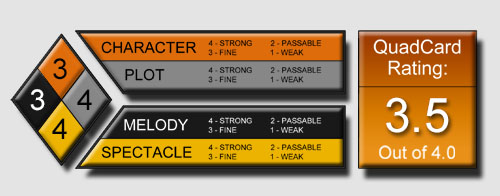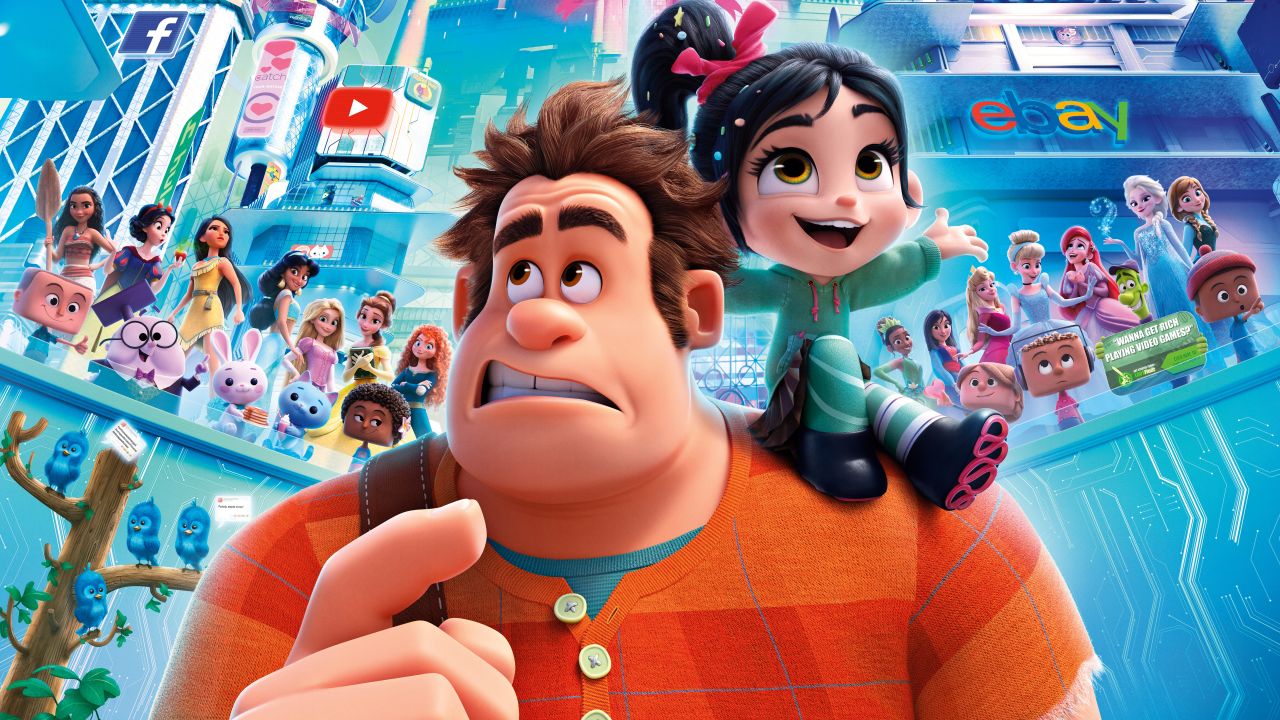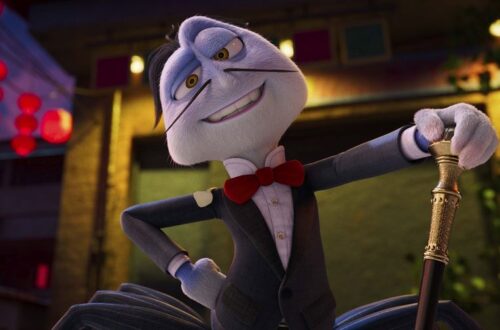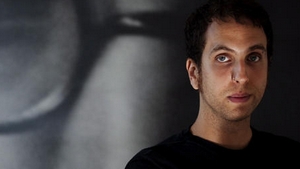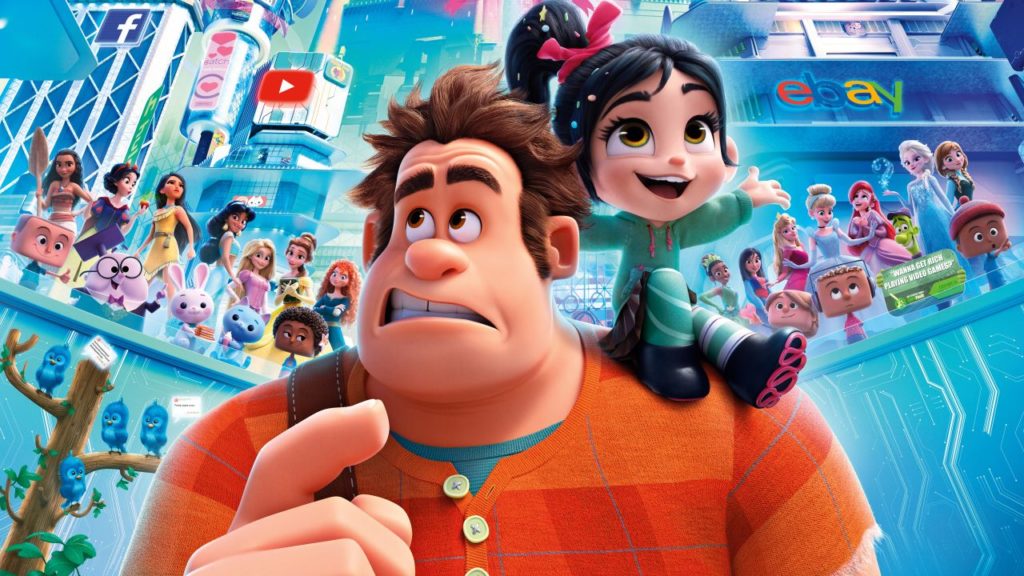 Over the years, Rich Moore and Phil Johnston have carved out a niche for themselves telling message stories. Wreck-It Ralph touted not messing with the programming (translation: be happy being yourself!), and “going Turbo” meant you were a danger to others. Brief recap is that game-jumping is a selfish quest which puts many lives on the line. Break the game, game unplugged, game over. Everyone loses.
Over the years, Rich Moore and Phil Johnston have carved out a niche for themselves telling message stories. Wreck-It Ralph touted not messing with the programming (translation: be happy being yourself!), and “going Turbo” meant you were a danger to others. Brief recap is that game-jumping is a selfish quest which puts many lives on the line. Break the game, game unplugged, game over. Everyone loses.
In the sequel, the eponymous Ralph breaks the internet. However, this is really Vanellope’s movie – our lovable 8-bit “bad guy” is the catalyst but 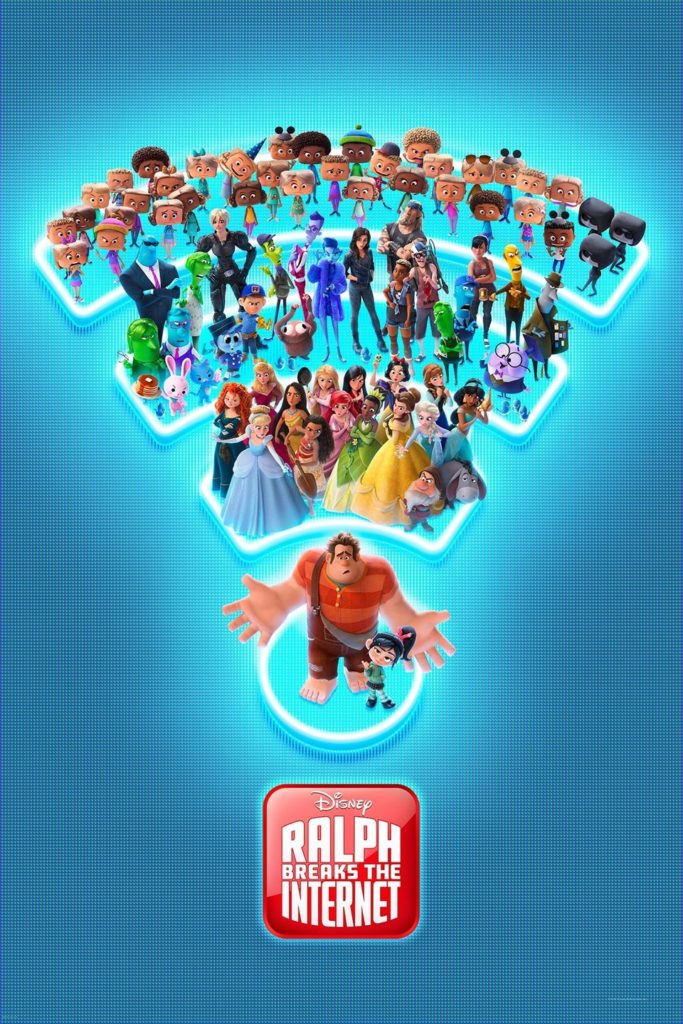 this more mature story (which caters to fans of the first film who have also grown up in the past six years) is more about her growth than him. They are two sides of the same coin, and, like life, you can spend your life not knowing what’s next, or enjoy predictability; Vanellope is the former while Ralph is the latter. That idea is a bit confusing if you’re a fan of the character arcs from the 2012 film. Here, some lessons seem to have fallen flat, bucked even, in the efforts to spin a new yarn not about excitement for the sake of it, but about facing the unknown to save a friend.
this more mature story (which caters to fans of the first film who have also grown up in the past six years) is more about her growth than him. They are two sides of the same coin, and, like life, you can spend your life not knowing what’s next, or enjoy predictability; Vanellope is the former while Ralph is the latter. That idea is a bit confusing if you’re a fan of the character arcs from the 2012 film. Here, some lessons seem to have fallen flat, bucked even, in the efforts to spin a new yarn not about excitement for the sake of it, but about facing the unknown to save a friend.
That lack of continuity undoes groundwork laid in the first film, but as I learned in a recent interview with filmmakers Moore and Johnston, basing your self-worth on someone else’s opinion is a little dysfunctional (check out our great conversation with them). People can change, and so can digital characters. That idea of gaining approval from others is built upon exponentially to propel the story and get Ralph and Vanellope out of a problem the kind of create for themselves.
It almost sets up the idea – like the first film which was a MacGuffin story – that getting this one thing (and the money to do so) solves all your problems. But the filmmakers show that for the hollow goal it is, and deliver plenty of substantive messages along the way. At its core, Ralph Breaks the Internet teaches audiences that being a friend means not standing in their way. That speaks a little louder than how the Bad-Anon support group zombie elegantly put it, “You must love you!”
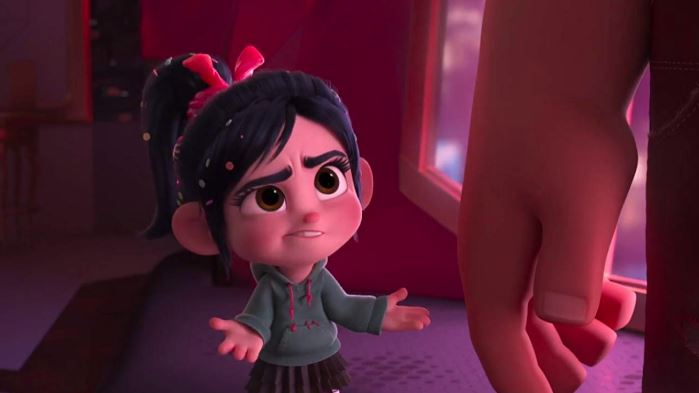
After all, there’s no law saying best friends have to have the same dreams. For 30 years, Ralph was an unappreciated bad guy, now he’s got a best friend – the coolest kid in the arcade – and he doesn’t want to let her go. But he’s insecure, he’s clingy and he’s self-destructive, and he only sees that when it puts Vanellope in danger. That’s some deep material wrapped in a highly colorful, imaginative, clever, and hilarious package.
Speaking of color, the Disney animators throw a lot at us. These digital wizards carefully craft this universe, excelling at world-building (if you thought Zootopia was exquisite, you’re gonna love this!), and place tons of Easter Eggs in nearly every frame.
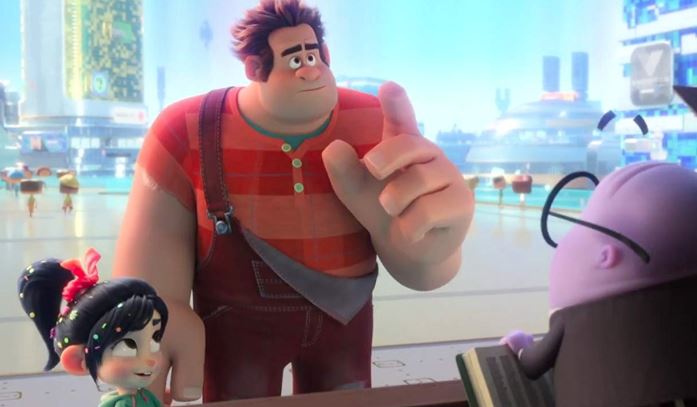
One of the more note-worthy sequences in the film places all the famous Disney Princesses in one room with Vanellope. It’s there that eagle-eyed viewers will see clever contemporary references to their respective stories on their shirts during a very funny slumber party scene. Look out for, among others, “Nap Queen”, #Shiny, and NOLA. Other Easter Eggs can even be entire set pieces that find Yesss, the Algorithm’s BuzzzTube HQ looking quite a bit like C.L.U.’s hangar base from TRON: Legacy. It’s all very cool!
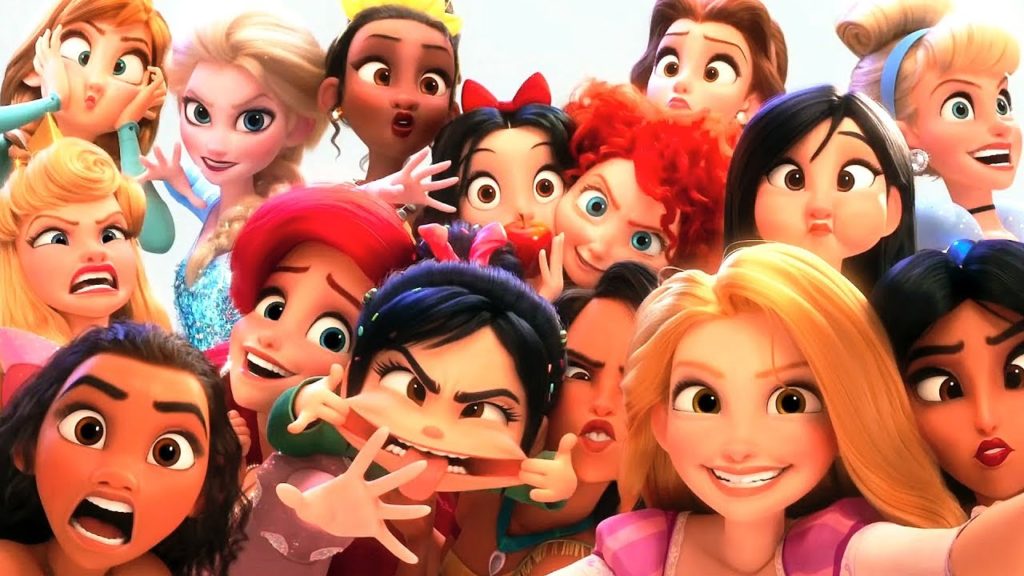
Moore’s sequel is longer than the first, and it starts to feel it in the third act. Yet, to quote Judd Apatow in one of his stand-up specials, “the longer the movie, the more you care about the characters.” And there are a lot of characters this time around along with a brilliant musical number (parody, really) from the one-and-only Alan Menken, another emotional score from Henry Jackman, not to mention a catchy song from Imagine Dragons, and two post-credit scenes. So, the runtime is what it is, merely to fit everything it. I mean, if you’ve got all that plus life lessons and jokes, and you’re making a movie about the whole internet (memes, pop-ups, viruses, et al), you probably need the minutes.
G-S-T RULING:
Beyond the main plot point, there are many relatable takeaways: money can’t solve every problem, chasing ‘likes’ doesn’t equal true happiness, and, bluntly, comments can hurt. That’s one which only slightly yet slyly addresses bullying (another surprisingly modern response from Moore and Johnston following Zootopia), and it’s actually one of their best messages yet. Comments sections can bring out the worst in people. Remember that it’s not about you – it’s about them. Your heart is the only one that matters. This sequel upgrades the heart of the original, has style for miles, and takes fun and excitement to the next level.
